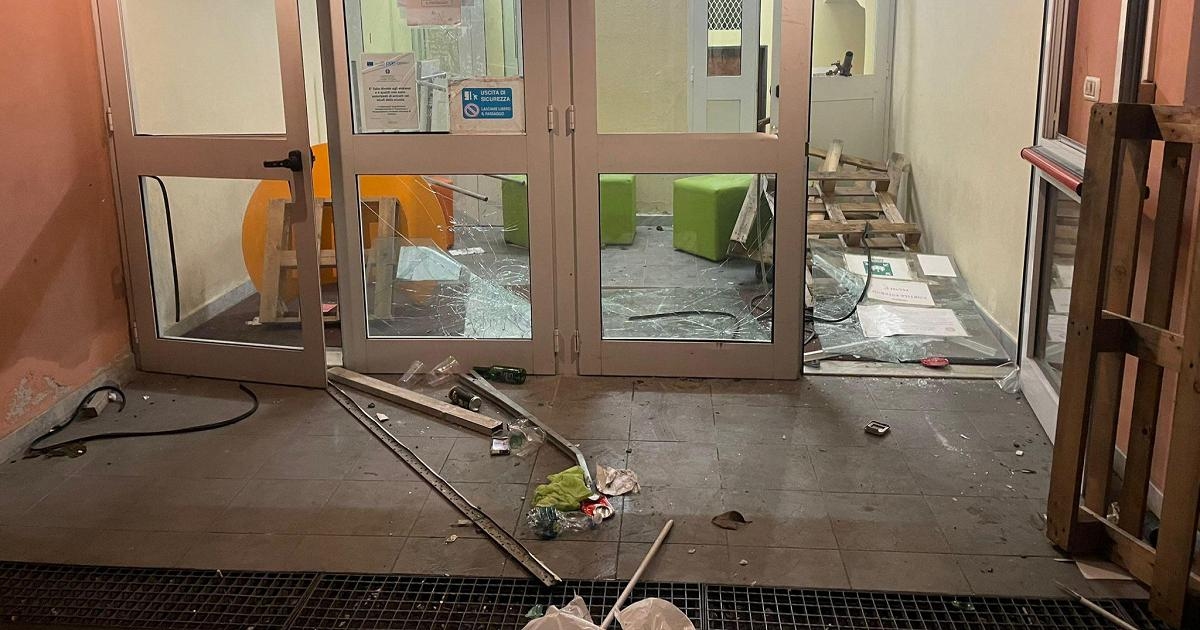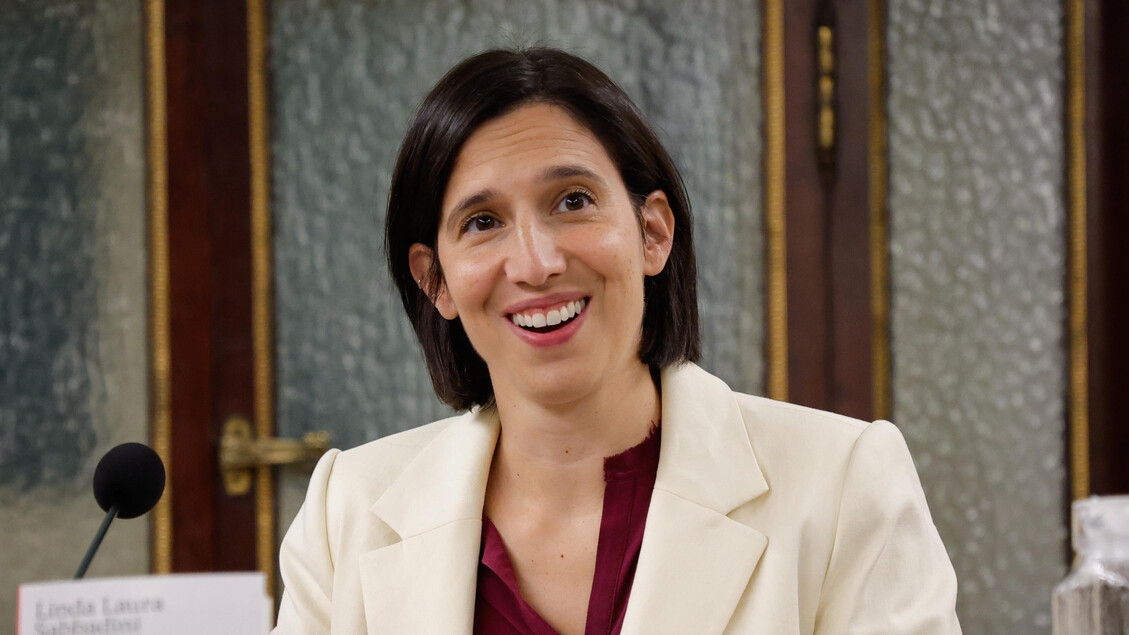Brothers of Italy, heading for Lombardy: a swap with Veneto and a derby with the League.

Milan – Carlo Fidanza , head of the Brothers of Italy delegation in the European Parliament, is clear: "We rely on Matteo Salvini's word. In the meantime, we want to finish the legislative session as best we can, ready to assume the responsibilities that will be assigned to us based on that agreement when the next election comes." He is referring to the agreement reached by the center-right's national leaders on the 2028 Lombardy regional elections, an agreement that grants the right to nominate the next candidate for governor, Attilio Fontana's successor , to the party that receives the most votes in Lombardy in the 2027 general election. It's likely that that party will be Brothers of Italy, but in the meantime, Meloni's supporters have left the candidate for governor of Veneto to the League.
The agreement is based on an exchange: this . Hence, however, the obstinate and contrary position of the Lombard League: Massimiliano Romeo , secretary of the Lombard League, and Fontana himself have repeatedly asserted the League's right to nominate the next candidate for governor. And not only because the incumbent is a member of the League, but also for reasons of local roots.
Fidanza's message, then, isn't just a call to respect the agreements. It's also intended to send a message to Lombard League members , a message that goes something like this: stop pursuing a debate entirely internal to your party by using FdI as a convenient target to hide the real target. And the real target would be Salvini himself, who reached the national agreement at the expense of Lombardy. Fidanza is simply expressing the growing annoyance with which this debate is being viewed within FdI. He did so on the sidelines of the event organized yesterday at the NH Congress Centre in Assago: "Three years of government, three years of results. Brothers of Italy Lombardy at the center of commitment to the region." And he's not the only one.
Marco Osnato , for example: "I suspect it's more of an internal problem within the League , which the League is trying to blame on the coalition," emphasizes the FdI economics director. "They said not to discuss candidates because there are a few years to go, Romeo himself said so, but then he and President Fontana talk about this every minute. There's something unclear between them and their federal secretary."
Carlo Maccari then: “These seem like the arguments between Sandra Mondaini and Raimondo Vianello , but I know the parties and I know that each one speaks to its own electorate – underlines the regional coordinator –, then we will arrive at a synthesis and speak to the overall electorate of the centre-right”.
Finally, Tommaso Foti, Minister for European Affairs: " FdI doesn't have as many regional presidents as it deserves. We're so altruistic that, despite having had an outgoing regional president in Sicily, we gave way to Senator Schifani of Forza Italia. But we also have to answer for the mass of voters we have."
Then there's the issue of roots. "Here today (yesterday , ed. ) we've gathered an army of administrators , demonstrating FdI's growing roots in Lombardy, as confirmed by the latest election results," Fidanza emphasizes.
"We are the leading party in the coalition , I believe it is right that FdI nominate its candidate," remarks Daniela Santanché, Minister of Tourism. Osnato adds: "I don't know how Fontana deduces this rootedness , or what rootedness he's thinking of—rootedness in Lombardy or rootedness in the presidency of the Lombardy Region—but for me it's clear from the electoral data, which recently rewarded FdI." Ignazio La Russa, President of the Senate, goes further and, borrowing his words, resorts to nostalgia: " FdI was born at the end of 2012 at the decisive instigation of Lombardy: 80% of the parliamentarians at the time were Lombard, and they all supported Giorgia Meloni's project. It's wonderful to see a tree that has grown, solid, and with deep roots."
Coincidence or not, while the center-right debates over who best captures Lombard sentiment, Maccari announces a Lombardy Charter that seems to echo the Northern Charter Romeo brought to Pontida. He explains, however, that this is a different matter: " We want to convene the Regional States General and emerge with our own document, one that charts the course of the last three years in Lombardy and the coming years. We want to emphasize the need for a federalism that doesn't mean Milanese centralism, but subsidiarity. A charter that also affirms how civil society, alongside politics, is called upon to respond to citizens."
If "federalism" is a sacred word for the Northern League (another coincidence?), "subsidarity" harks back to political traditions other than the centralism beloved by the right, to which the FdI is heir. It harks back to the reformist tradition, starting with Catholic reformism. This is a sign of the ongoing effort within the FdI: to connect with new worlds. This is also why Debora Massari will join the Regional Council today, a fact that has caused considerable discontent among Meloni's council group, as she is yet another external appointee imposed from above, like the (now unstable) Undersecretary Federica Picchi.
"Some decisions," Maccari explains, "are based on the leader's freedom , because there's a strategy behind the fact that one or two members of the council are plucked from civil society: to expand into different worlds, which we rarely frequent, such as the world of food and Made in Italy, which has now become closer to us. This has value. And with Massari, we will make a qualitative leap in promoting the region, even during the Olympics."
The final note is again for La Russa: from the recall to the election of Santanché (now weak in FdI) as "best minister of the government" to, as mentioned, the dusting off of the genesis of FdI, his attempt to pacify the party and its factions seemed clear.
Il Giorno








